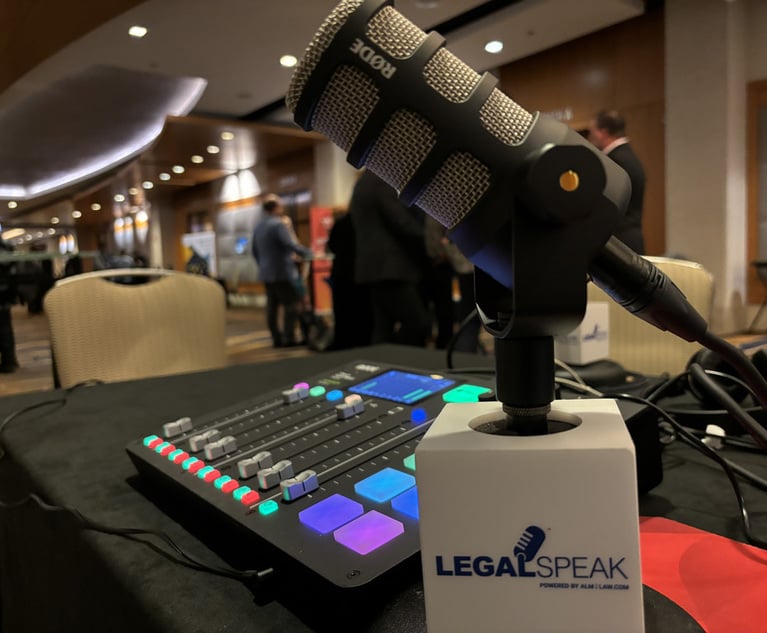At its 2019 annual meeting the ABA adopted Resolution No. 112 urging courts and lawyers to address the emerging ethical and legal issues relating to the usage of artificial intelligence (AI) in the practice of law including: bias, explainability and transparency of automated decisions made by AI; ethical and beneficial usage of AI; and controls and oversight of AI and the vendors that provide AI.
The ABA’s AI Resolution reflects the increasing anxiety over how AI will shape the legal profession with an emphasis on the perceived risks of such technology. The concerns highlighted in the resolution mirror those raised by myriad institutions studying AI, such as the Algorithmic Justice League and the AI Now Institute, which have focused their attention on the ethical problems raised by these new technologies. But, while the risks of integrating AI into the practice of law are important to consider, the ABA’s resolution raises another equally important, though less frequently discussed question: Could it be unethical not to use AI?


 Shutterstock image
Shutterstock image







